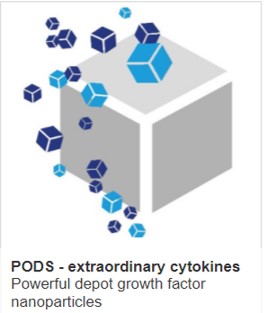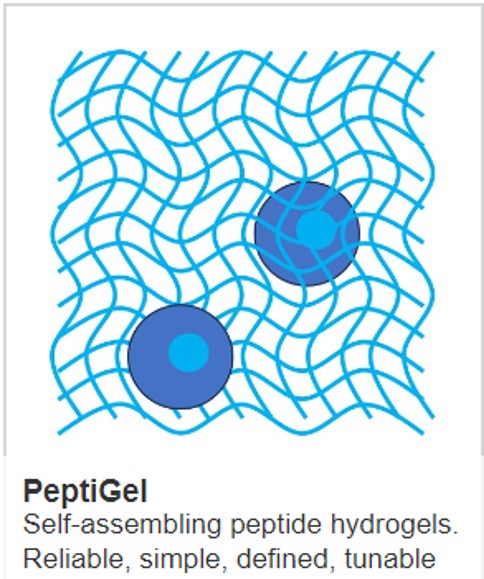Scientific fraud: is poor experimental reproducibility a smoking gun

Scientific fraud, while not extremely common, is a significant concern within the scientific community. Estimates of its prevalence vary: A survey of scientists reported in 2009 found that around 2% of researchers admit to having fabricated, falsified, or modified data at least once. Up to 33% of scientists report having observed questionable research practices, including data manipulation and selective reporting. The number of retracted scientific papers has increased over the years, partly due to better detection methods and increased scrutiny. However, retractions still represent a small fraction of the total number of published papers.
Why isn't research reproducible?
Around 10% of biological research isn’t reproducible. Does the lack of reproducibility point to fabricated results? Not necessarily. Several factors have been suggested to contribute to the difficulty in reproducing scientific work. These include:
Complexity of Experiments: Many scientific experiments are complex and involve numerous variables. Small differences in methodology, equipment, or environmental conditions can lead to different results.
Insufficient Reporting: Incomplete or unclear reporting of methods and results can make it difficult for other researchers to replicate studies. Detailed protocols, data, and analysis methods are essential for reproducibility.
Statistical Issues: Misuse of statistical methods, such as p-hacking (manipulating data to achieve statistically significant results) and selective reporting of positive results, can lead to irreproducible findings.
Biological Variability:In fields like biology and medicine, natural variability among biological samples can lead to different outcomes. This variability needs to be accounted for in experimental design and analysis.
Publication Bias: Journals often prefer to publish positive and novel findings, leading to a bias against publishing negative or null results. This can create a skewed understanding of the research landscape.
Pressure to Publish: The “publish or perish” culture in academia can incentivize researchers to cut corners, engage in questionable research practices, or even commit fraud to produce publishable results.
Lack of Replication Studies: Replication studies are essential for verifying results but are often undervalued and underfunded. As a result, many findings go unchallenged and unverified.
The scientific community is taking steps to address these issues. Open Science Initiatives promote open access to data, methods, and publications to ensure transparency and allow other researchers to verify and build upon existing work. Platforms like the Open Science Framework (OSF) facilitate sharing of research materials and data.
Researchers are encouraged to pre-register their study designs and analysis plans before collecting data. This helps prevent p-hacking and selective reporting. Pre-registration platforms like ClinicalTrials.gov and the Center for Open Science provide repositories for study protocols.
Increasing the value and funding for replication studies to verify the robustness of scientific findings.
Journals like “PLOS ONE” and “eLife” have started to emphasize the importance of replication studies. Adoption of reporting guidelines such as CONSORT (for clinical trials), PRISMA (for systematic reviews), and ARRIVE (for animal research) to ensure comprehensive and transparent reporting of research methods and results.
Encouraging researchers to deposit their raw data in public repositories to allow for independent verification and reanalysis. Repositories like Dryad, Figshare, and GenBank provide platforms for data sharing.
Implementing more rigorous peer review processes, including the use of statistical reviewers and replication checks. Some journals are adopting open peer review, where reviewer comments and author responses are made public.
Providing training in research ethics and responsible conduct of research to scientists at all career stages. Strengthening institutional oversight and accountability mechanisms to detect and address misconduct.
Encouraging collaborative and multi-center studies to increase the robustness and generalizability of findings. Large-scale collaborations like the Reproducibility Project in psychology and cancer biology aim to systematically replicate key studies in these fields.
IMAGE: Pointing the finger CREDIT:Bigstock
Learn more about powerful technologies that are enabling research:



